Heather Sellers’ 2007 writers’ guide Chapter After Chapter encourages anyone interested in becoming a better writer to read 101 Fiction Novels.
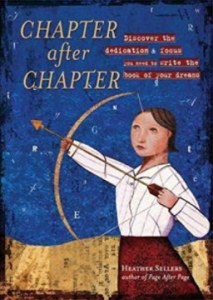
Heather Sellers’ Chapter After Chapter encourages writers to read at least 101 novels.
In December 2016, I set out to do just that, having suffered an injury that was keeping me from working like most, one that continues to plague me even today.
Other complications and illnesses have been added since, making working and concentrating even harder, but thankfully, I’ve been able to keep reading, and on Nov. 29th, I put down Javier Marías’ The Infatuations, book number 101, satisfied and fulfilled in a way I could not have imagined two years before.
You see, while I have been physically disabled the past two and a half years, I have been able to mentally travel around the world and through time through the power of fiction.
I’ve made a study of F. Scott Fitzgerald, Ernest Hemingway and Thomas Wolfe, the three geniuses edited and managed by Maxwell Perkins. Through them I’ve been bullfighting in Spain in the 1930s, been all over Italy and Europe during World War I, and Paris afterward.
Then through various authors I’ve been in Paris as the Germans invaded it during World War II, and in many ways I felt what it must have been like, to have gone from such heydays after World War I with the Lost Generation to the starkness of the Nazi invasions, their lists, the killings.
But I’ve also been to Australia for a road race around the continent in the 1950s with Peter Carey in his book A Long Way From Home, and returned to experience the power of Big Little Lies with Liane Moriarty; experienced The Plague in Africa via Albert Camus, a non-existent war in Africa during Evelyn Waugh’s Scoop, and been to South America for a hostage situation via Ann Patchett’s Bel Canto. (I’ll read anything now written by Ann Patchett–Commonwealth was so good, too.)
I have been to Tennessee and South Carolina to figure out the mystery of the woman who stole river children in the 1900s for adoption in Lisa Wingate’s Before We Were Yours. (Lisa is under the impression US senators ride around in limousines all the time. Reporters should know better.)
My thinking about trees was forever changed by Richard Powers’ The Overstory, one of the most incredible books I’ve ever read. To think about living in the canopy of a redwood in Oregon for nine months, 100 feet off the ground. Something I’d never thought of, but might consider, given the chance and with better health. A wonderful, wonderful book that haunts me now whenever I see someone cutting down a tree because I know how long it takes for a tree to grow, the history behind it and how we snuff out a tree with a chainsaw and don’t give it a moment of thought.
Gosh, I’ve forgotten how many times I’ve been to England. Ian McEwan’s Atonement. What a great story about the power of love. Don’t forget to also read his On Chesil Beach. If you want to read some of the first murder mystery genre setting books, don’t forget John Fowles’ The Collector, who kidnaps a woman he fancies and drags her off to live in his flat north of London. The Lodger is another prolific book that brilliantly explores the murders surrounding the mystery of Jack the Ripper. Warlight, by Michael Ondaatje was also one of my favorites from my journey.
Then there are the books about the States. The Summer that Melted Everything by Tiffany McDaniel remains a favorite, a story about a boy who shows up in an Ohio town the summer of 1984 claiming to be answering an ad in the local paper calling on the Devil to present himself. Steven King’s The Outsider was something new for me. It wasn’t scary, but definitely a different read. Tommy Oranges’ There There shed new light on the Native American culture I did not know about. A.J. Finn and The Woman in the Window, Ottessa Moshfegh and Eileen and My Year of Rest and Relaxation, as well as Lauren Weissberger’s When Life Gives You Lululemons all gave me new perspectives about the modern woman.
Celeste Ng took me back to Ohio in Little Fires Everywhere, a very good book, and Rachel Kushner seemed to have much the same thematic in The Flamethrowers—Fac Ut Ardeat (made to burn); perhaps that theme was also being explored in The Summer that Melted Everything as well. Even Stephen King’s The Outsider.
Thomas Wolfe intrigued me for days with his You Can’t Go Home Again. The language and writing is beautiful.
I’d be remiss if I didn’t mention The Extraordinary Life of Sam Hell. Funny, at times. But with an important message nonetheless.
Margaret Atwood’s The Blind Assassin was strange to me at first, but I came to enjoy the writing once I got my bearings. The initial passages about the blind assassin himself, and the girl, were just strange, and I’ve found I’m not much for reading sci fi or dystopian nonsense.
I also flat out skip sections in books about explicit gay sex. Chloe Benjamin, Adam Haslett, take note. Your books were good, but I skipped large portions of The Immortalists and Imagine Me Gone and don’t think I missed anything, which means, those sections could have been left out (note to authors, agents and publishers). Those sections didn’t add anything. And in the case of Andrew Sean Greer’s book Less, once I learned that’s what it was, I’d actually ordered it from Amazon, I cancelled the order. I have no desire to read anything like that. Period.
I’ve read my share of spy novels: Daniel Silva’s The Other Woman, T. Jefferson Parker’s Swift Vengeance, Karin Slaughter’s Pieces of Her, and the over-hyped ridiculous Bill Clinton/James Patterson The President is Missing.
In Kristin Hannah’s The Great Alone I spent time in Washington state and Oregon, and then the wilds of Alaska. This was not a great book by any means, but people recommended I read Hannah’s The Nightingale and I honestly believe it is the best book I’ve ever read. Goodreads has it rated at a 4.65 or something close and that seems to be the highest rating I could find. I highly recommend this book above all the rest. It is the one I described above as helping me understand what it must have been like when the Nazi’s invaded France in World War II. Maybe you should read some of Hemingway and Fitzgerald and their antics in Paris beforehand to learn about how gay and charming the city was 10 years before, that way you may get the full impact.
WHAT’S NEXT?
I’m going to start revising my second novel once again, with new knowledge.
And I’m going to keep writing.
It’s my 53rd birthday today and I’m getting a copy of War and Peace. I’m planning to also read Crime and Punishment and The Brothers Karamazov as a study in the next few weeks. I also need to finish Anna Karenina. The movie version is good, but not good enough.
I also have asked my girls for a series of books that PBS and my local book store, Interabang Books put together this summer–100 supposed best loved novels–that I intend to read. Some of them I don’t think belong on the list and won’t read, but a good many I will. Some I already have and just have never read.
The goal in all of this is to make me a better writer, but what it’s also doing is making me a better person. Opening my mind and horizons. Making me think and relaxing my soul. My body is not in a condition to do what it once was able. I’ve been doing all I can the past two and a half years to get help from doctors to get it fixed. In the meantime, I’ve been getting my heart, mind, soul and writing ready for when I am free to walk normally in the world again.
Two years later, that’s the greatest gift I can give myself.
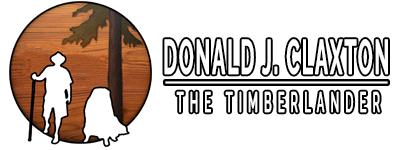

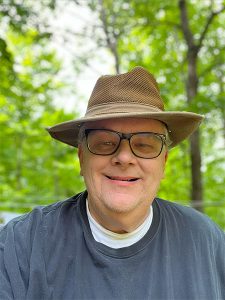
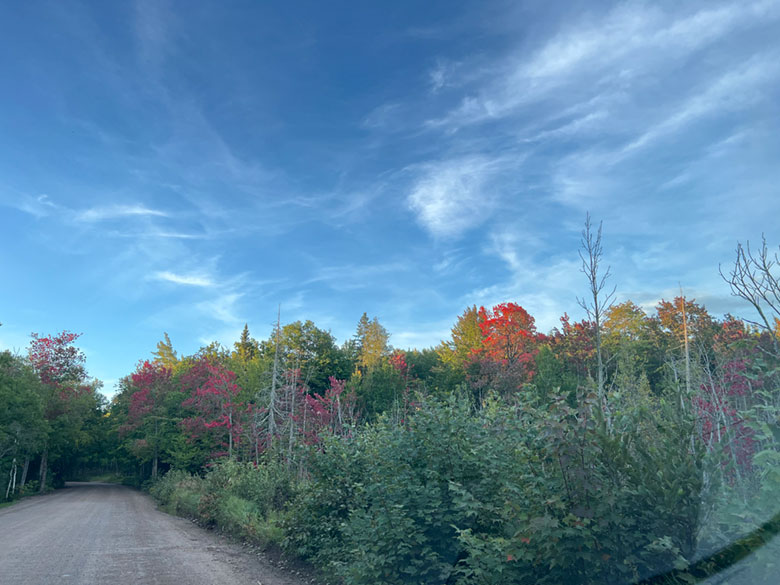
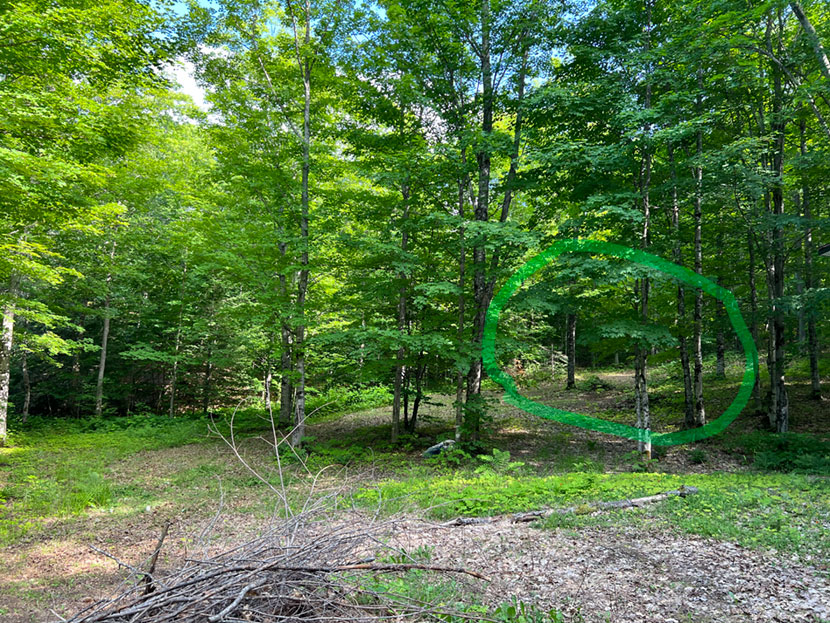
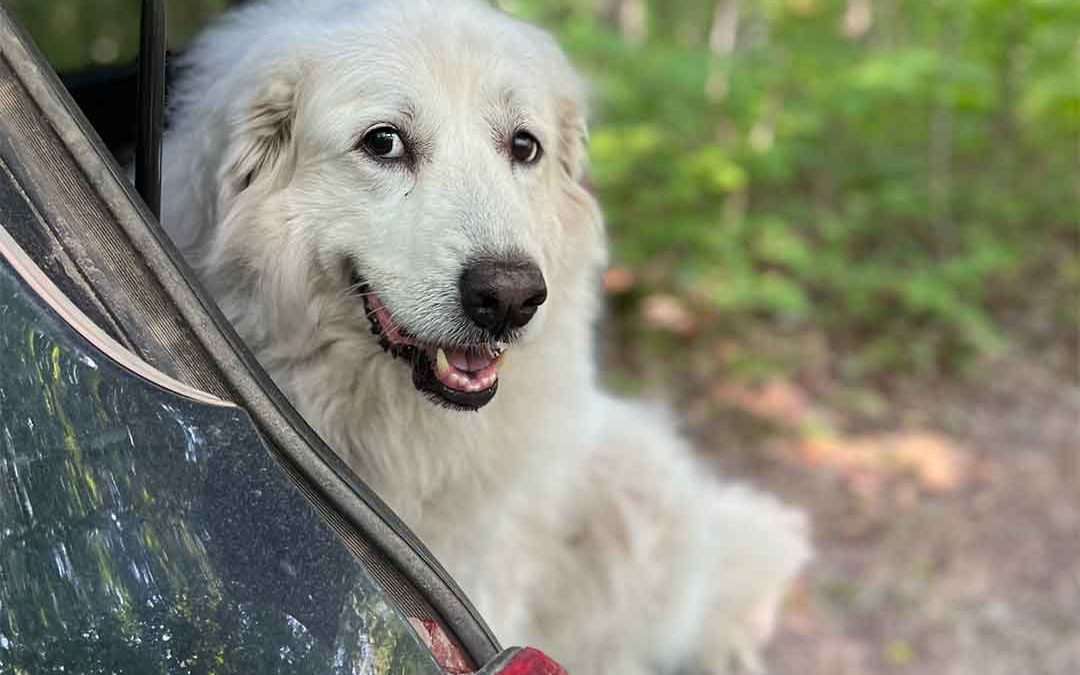
0 Comments